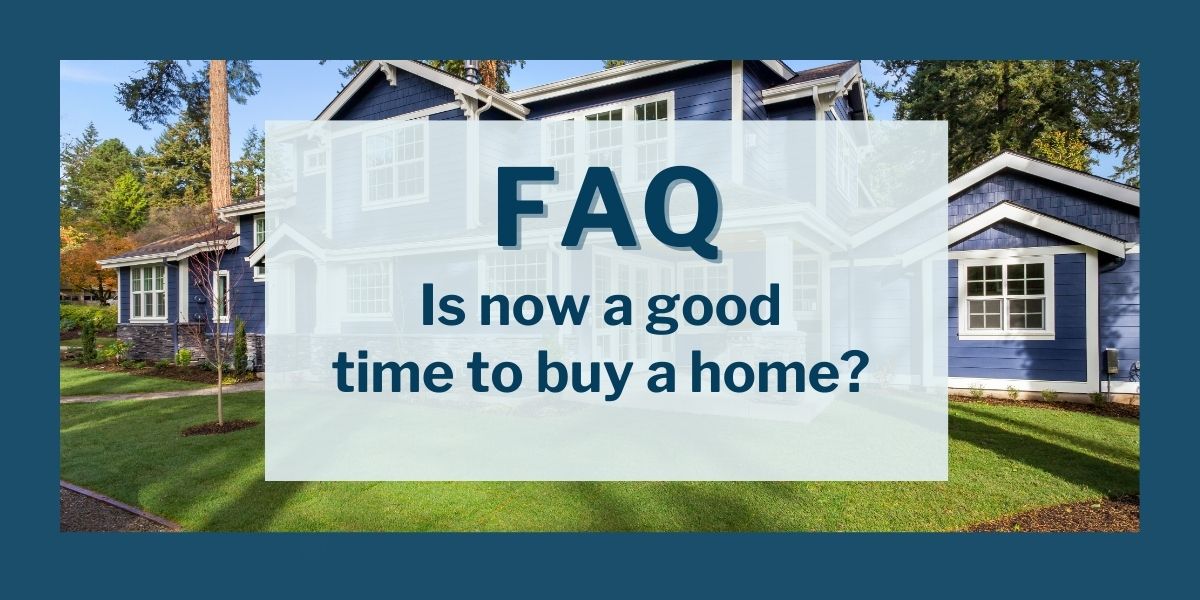The US economy has been distorted by emergency level spending and strong consumer spending, which we believe has pushed off a recession that would have otherwise come much sooner.
The government has been spending close to 23% of GDP, which is a similar level to both the early 1980’s and after the Great Recession, but we are clearly no longer in emergency like conditions. This incredible amount of spending is masking weakness in the economy and is at least partly responsible for keeping the economy out of recession.

Consumers have also shown a great amount of resilience. The most recent consumer spending data for March was strong, with Core Retail Sales up 1.1% and Personal Spending rising 0.8%.
Consumers have been helped in their spending by pandemic savings from stimulus and credit. But there are now signs that this support may be coming to an end.
A recent article by San Francisco Fed analysts revealed that “American households fully spent their pandemic-era savings as of March 2024.” We have also seen the personal savings rate drop to 3.2% - the lowest level since October 2022.

Looking to the credit side of the equation, credit card debt hit a record high $1.13 trillion as of the end of last year per the Federal Reserve Bank of New York, with record high rates thanks to the Fed hiking 525 basis points over the last few years.
We are now seeing charge offs from credit card companies at much higher levels, delinquencies at the highest level since 2012, and less new demand for credit card debt, signaling consumers may be at their credit limit. We are also seeing auto loan delinquencies rise and demand for auto loans fall. Plus, the Fed’s Senior Loan Officer Opinion Survey (SLOOS) for April showed weaker demand across the board for consumer credit.
Another venue for consumers to spend has been the relatively new Buy Now Pay Later (BNPL) programs, which allow people to purchase something immediately and pay off the balance in equal installments. And while this type of debt is hard to track because it’s not reported to the credit bureaus, those too are starting to show weakness.
A recent survey conducted for Bloomberg News by Harris Poll found that 43% of those who owe money to BNPL programs were behind on their payments. Also, within the survey, it was shown that more than 50% said they bought more than they could afford, and over one third said they turned to these programs after maxing out their credit cards.
And it’s not just lower income earners who are feeling the pinch: 42% of those with household income of more than $100,000 reported being behind or delinquent on BNPL payments. Additionally, 50% are either considering or already using BNPL to pay bills or buy essential items, including groceries.

In addition, a recent interview with Bank of America Institute’s Liz Everett Krisberg also revealed that 8.5% of Bank of America customers had at least one BNPL transaction in March. Considering that they have 69 million customers, that’s a huge number at 5.865 million people. And they are just one big bank, meaning the national figure is much larger.
So, what’s the bottom line?
Consumer spending may begin to slow as pandemic savings have been depleted and credit appears to be maxed out (though the receipt of tax refunds may delay the timing). Consumer spending makes up 70% or so of GDP, so a slowdown would be significant and could point to a slower US economy, weaker inflation, and lower rates. While this will take time to come to fruition, it will be important to analyze upcoming data for signs of softer spending.
Do you want to benefit from analysis like this daily?
Investing in an MBS Highway membership – where you'll have access to tools like our Bid Over Asking Price, Buy vs. Rent Comparison, Loan Comparison tool, daily coaching videos, lock alerts and more – means you'll have everything you need to turn prospective homebuyers into clients and become the type of advisor they need to guide them in today's market and for years to come.
Take a free 14-day trial of MBS Highway and see for yourself how we can help you grow your business and benefit from the opportunities ahead.
By Dan Habib @MBS Highway
Ready to close more deals?
ListReports automatically delivers personalized marketing collateral to your inbox helping you engage with your customers and prospects.





.png)
.jpg)